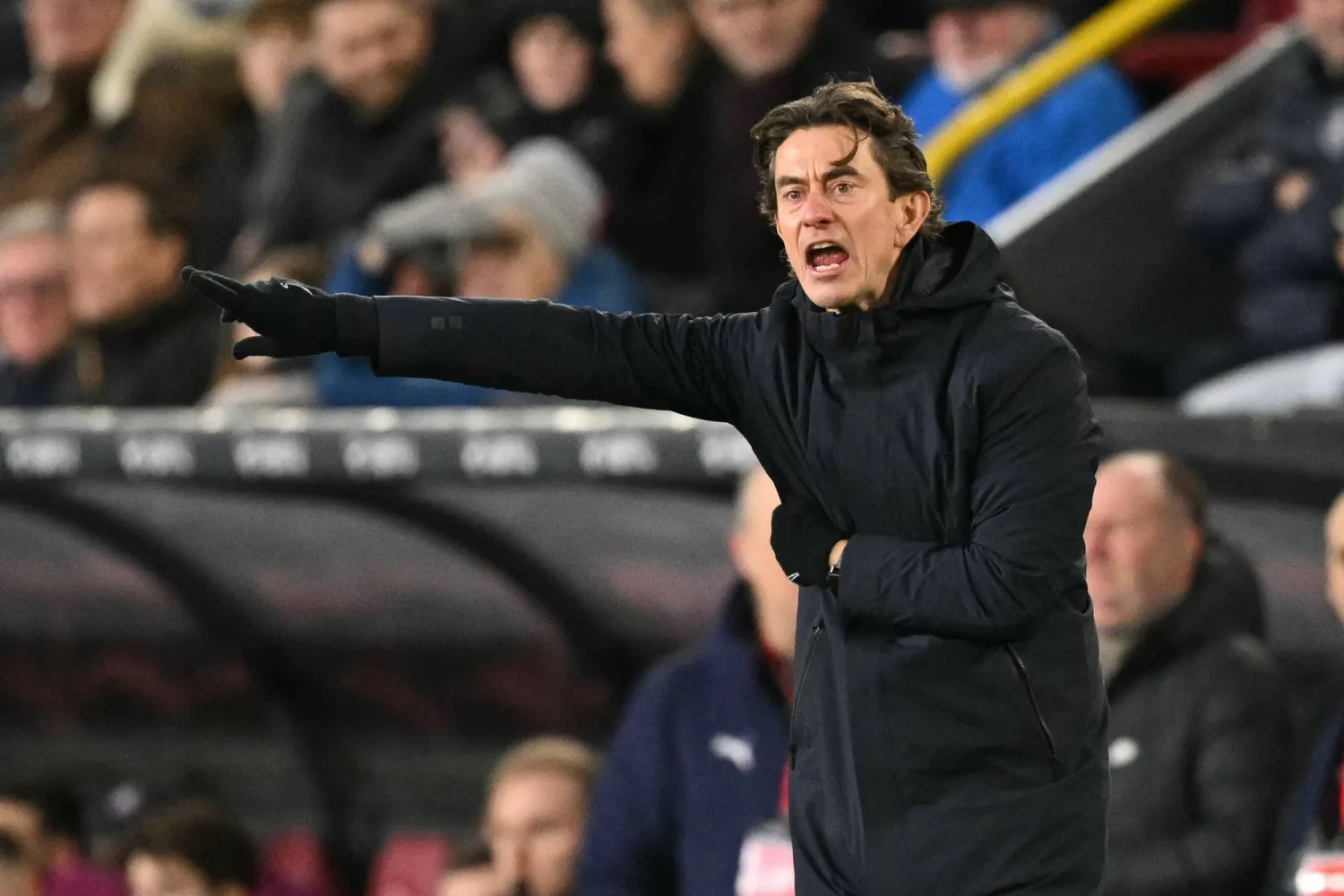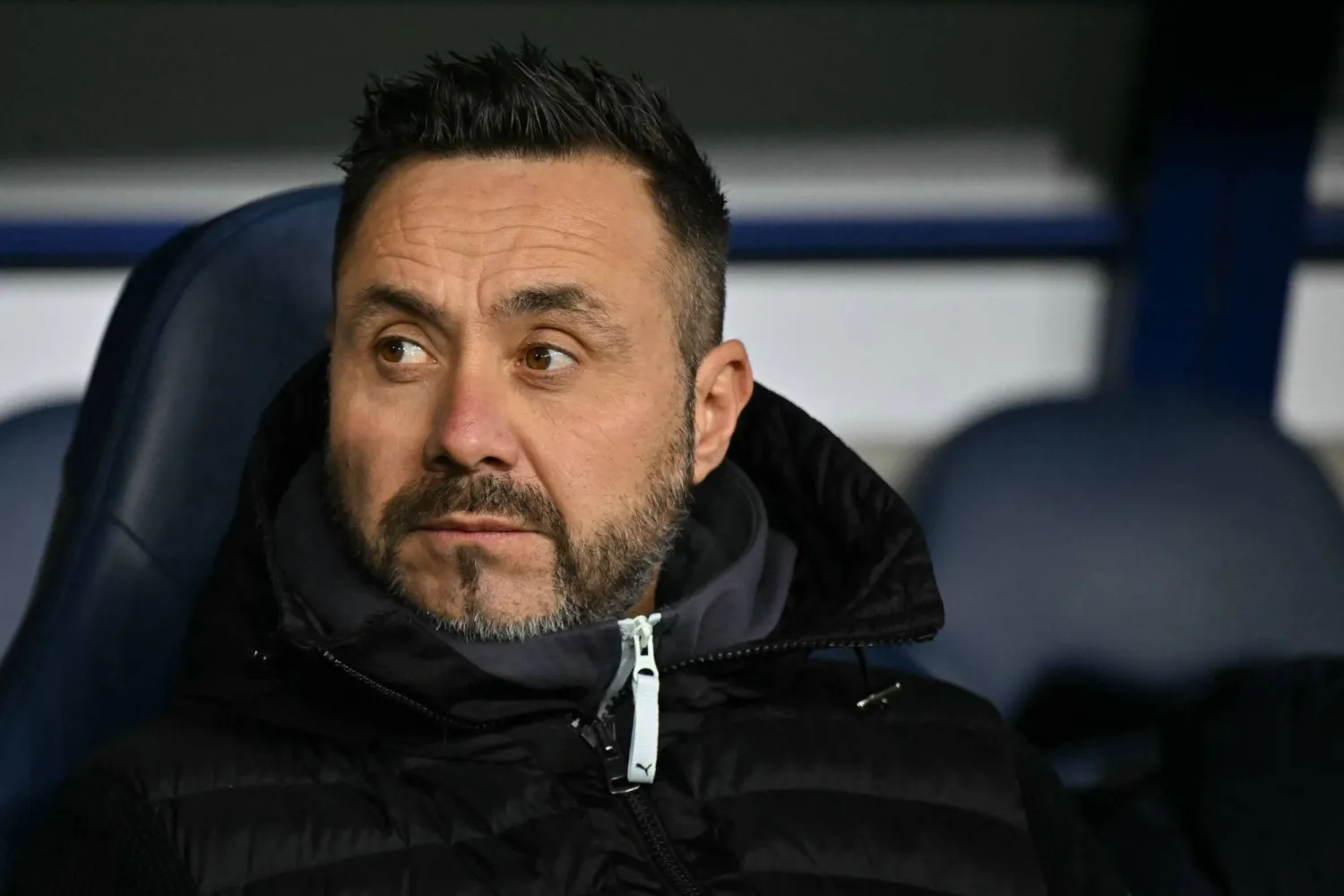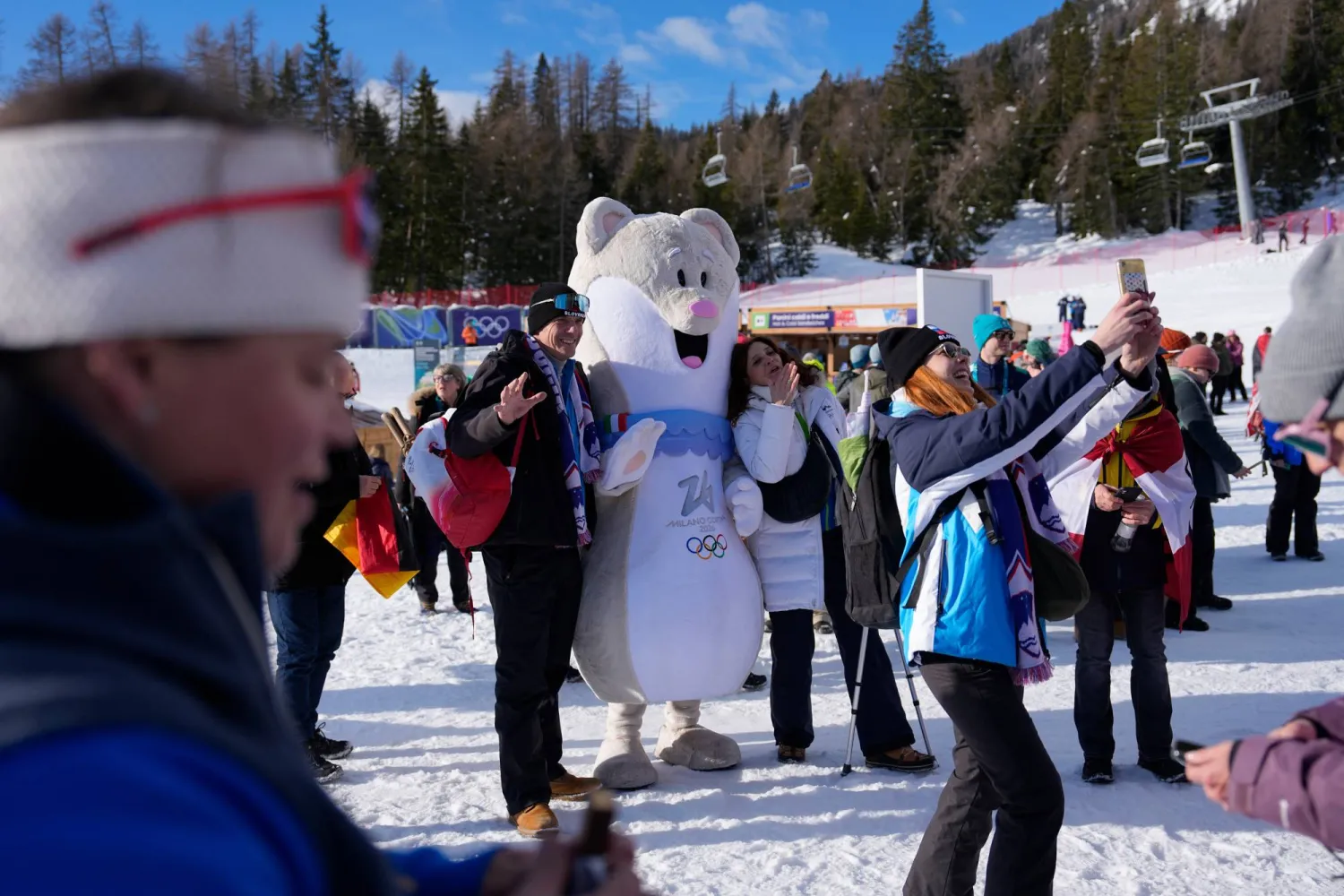“You cannot understand what it means for me to be back in the national team at 31 years old after a few troubles on my way,” Stefano Okaka says of his return to the Italy team four years after his previous appearance.
Few, including Okaka, could have anticipated such a turn of events when he left Watford for Udinese in January 2019 after three appearances in six months in a tumultuous period at Vicarage Road. Back in Serie A, however, Okaka has been one of the league’s most effective strikers, scoring 10 times in 42 appearances since he made the move permanent the following September.
“The people around Udinese helped me a lot,” he says. “Since the first day I regained my confidence. I came here to show my quality to help the team and get them back to a good level but I need the people to love me because this is how I am. After one month it was love and I think we have done a good job to restart things on and off the pitch.”
Roberto Mancini is the latest to want to show Okaka the love he needs, knowing the player could add something very different to the Azzurri’s arsenal. The Italy coach put his faith in a striker who has two goals this season but has proved his worth for an Udinese side who have not finished above 12th in the past seven campaigns. Okaka came on against Poland in November, earning his fifth cap.
“Mancini knows my style and is a really fantastic coach. He’s built a really incredible atmosphere in the team. He has done an incredible job because Italy was in a strange time; it had changed a lot. He has worked to build a team and a dressing room with a lot of young, talented players. He has built with his coaches around him a fantastic ambiance. There are experienced players, young players who play like experienced players.”
Okaka is one of few black players to have represented Italy since Fabio Liverani became the first in 2001. Domestically, incidents of racism have been well documented and the limited punishments imposed highlighted. Okaka sees an improving picture in the country and a bright future for a diverse national team.
“It is not a problem about one stadium, one pitch, one country – it is a global problem. We have to educate the people, educate the children and this is going to make things better. When you say to the children that it does not matter about the color, it matters about the heart, loyalty.
“The world has changed, football has changed, it is going to become a habit to see different colors in one national team because the color of the skin is not important, it is important where you are born, where you learn your life. I was born in Italy, I grew up in Italy, like a lot of people who do or don’t play football. This is our country and we should be grateful to defend the color of our country.”
Loyalty was not a trait seen too often during Okaka’s period at Vicarage Road, where 23 of his 36 league appearances came from the bench. He had three managers in his three years at the club, where he suffered spells out in the cold.
“Three years ago I was in the starting XI, I scored against Liverpool, the first goal for my team in the league, when we drew 3-3. After there were problems with the coach [Marco Silva] and he did not put me back in the squad. It made no sense and he gave me no reasons and you can imagine when you have scored the first goal against Liverpool and then the next game you are out of the squad, what can you do? You can do nothing.
“I left Watford and I restarted my career for my third or fourth time, as a lot of things have happened in my career but my health has never left me. I love this sport, so every time I go down, I try to fight back. I continue to fight and show what I can do on a football pitch and I will continue to do this until I finish my career.”
If Okaka is called up for next summer’s Euros, he would have the chance to follow in the footsteps of his twin sister, Stefania, who won a European championship – at under-19 level – during an international volleyball career curtailed by injury.
Stefania repeatedly overcame injury setbacks but now works as a “mental coach”. Okaka is full of admiration. “[To start] another life after the injuries stop you … What can I say? I don’t have words to explain about my twin.”
The summer is a long way off for a man who missed the last two months through injury but made an impact on his return off the bench on Sunday to help defeat Hellas Verona. His style, though, is liked by Mancini and Gianluca Vialli, who is working alongside his former Sampdoria teammate with the Azzurri.
“I want to remain humble, I want to help the coach and the national team,” Okaka says. “I don’t want to think what could happen in one year; everything can happen between now and then. I need to do my job with my team and after that we will see.”
(The Guardian)









